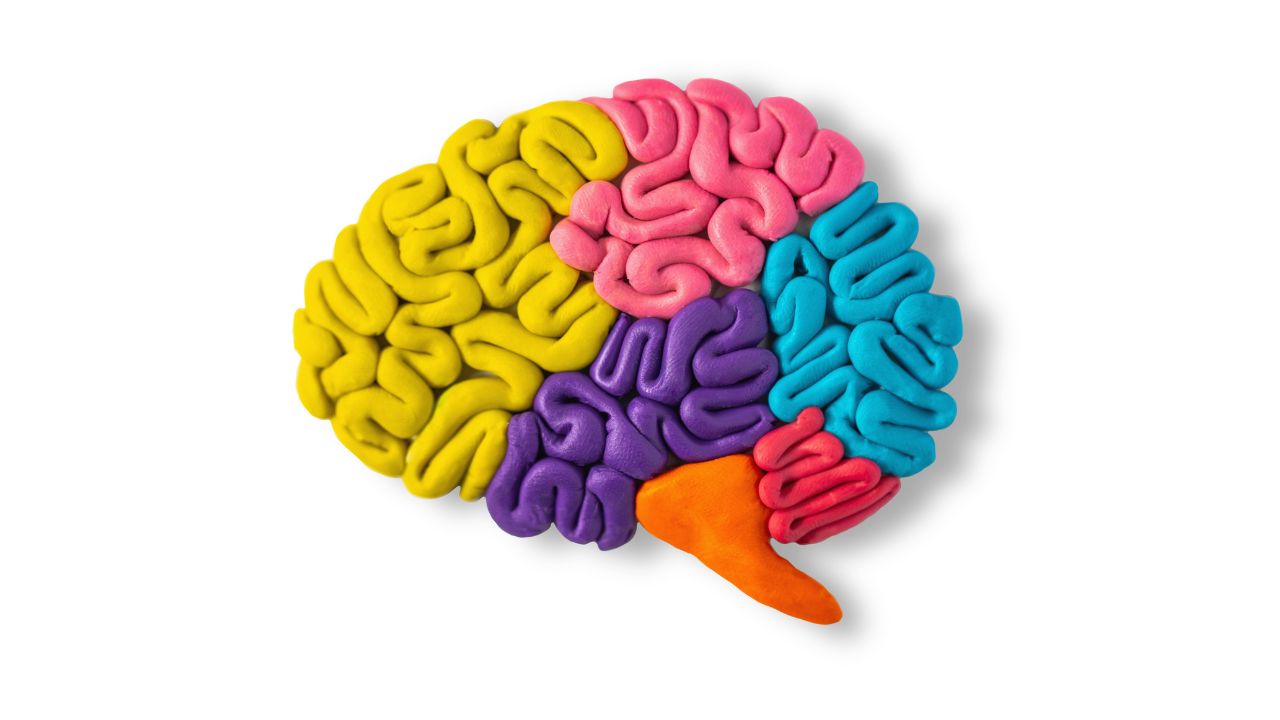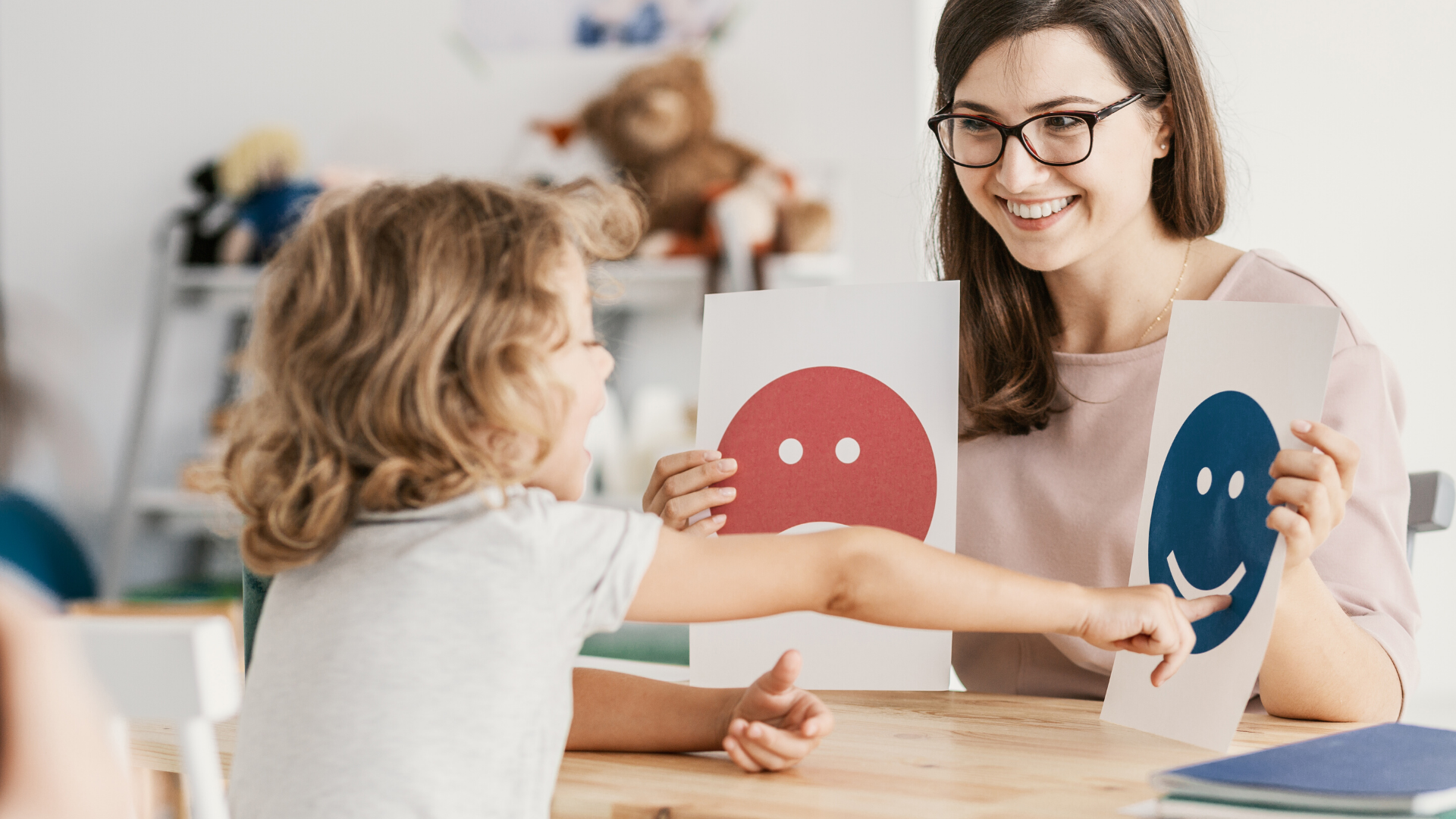In recent years, educators and researchers have been diving deeper into the intricacies of the human brain to understand how we learn and retain information most effectively. This exciting field of study, known as brain-based learning, aims to optimize educational practices by aligning teaching methods with the natural functioning of our brains. By embracing brain-based learning principles, educators can create engaging and dynamic learning environments that foster a lifelong love of learning among students.
Ashley Tabor
Recent Posts
Brain-Based Learning for Parents: What You Need to Know
As we prepare to embark on the season of gratitude, many of us will be reflecting on all we have to be thankful for. However, gratitude is something we should strive to instill in our children year-round. During this global pandemic, it is easy to get discouraged and caught up in the limitations it has placed on our lives. To counteract this, it is more important now than ever that we work to practice gratitude in our daily lives. A regular gratitude practice is proven to increase dopamine and serotonin, the two neurotransmitters that impact a positive mood. Encouraging children to practice these skills at a young age is essential to their social and emotional wellbeing. Here are four strategies to help you foster a culture of gratitude in your home.
After an extended period of time at home, children are likely to be somewhat anxious about the quickly approaching new school year. This, combined with the new environment they will be experiencing this fall, means it is important that we begin to have conversations now about what school will look like and how we can all be best prepared to come together again in a healthy way, physically and emotionally.
During the past few months, our children have spent hours per day behind a screen learning, interacting, and playing. As we look forward to the summer, it is more important than ever to be aware of the time children spend behind a screen and challenge them to get outside to explore, engage, and learn from their environment.
We’re all tempted to take a “mental health day” now and again. However, knowing when it is truly necessary for you and your children to take a day to relax and reset is imperative to get the most out of the experience. As parents, you know your children best, and if you see that their behavior, mood, and/or motivation are consistently and significantly different from what you typically see, it may be time to take a break. Once you realize the time has come to reset as a family, here are a few things you can do to make the experience as beneficial as possible:
As we live under stay-at-home orders during a global pandemic, the allure of the screen has never been more apparent. Screens can be great tools to help manage all the simultaneous responsibilities that now confront us—however, excess screen time can have a negative impact on students’ attention and social-emotional functioning, as well as their ability to sleep at night.
6 Ways to Provide Support For Your Child During the Coronavirus Crisis
As parents, we are in uncharted territory supporting our kids emotionally through the global pandemic that’s upon us with coronavirus (COVID-19). However, as with any time of crisis, there are several basic guidelines we can follow to support our children through this turbulent time.
5 Ways To Develop Your Child's Social and Emotional Growth
As a mom and a school psychologist, I often reflect on what separates a good school from a great one. The answer is often the focus that the whole community invests in fostering the well-being of all its members. This focus often comes into practice under the label of social-emotional learning in schools.
As parents we can aid in our children’s growth mindset through language and acceptance to encourage our children to always push forward and make an effort despite natural setbacks that come with learning. We can do so by providing continual praise on the process as opposed to strictly the product. This can take many different forms depending on the content and developmental stage of our children, but the message is consistent: effort is valued and you have control over the outcome. Below are a few practices that you can begin today to help your child grow to understand that ability is not simply fixed but something that can be developed.
Topics: School Psychologist












.jpg)


